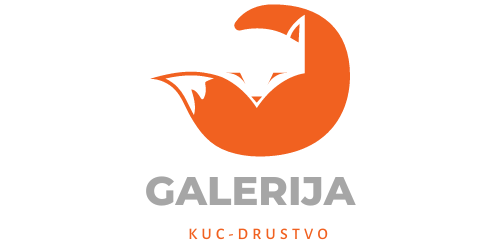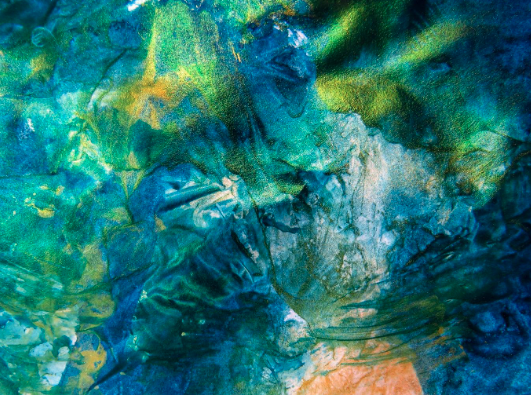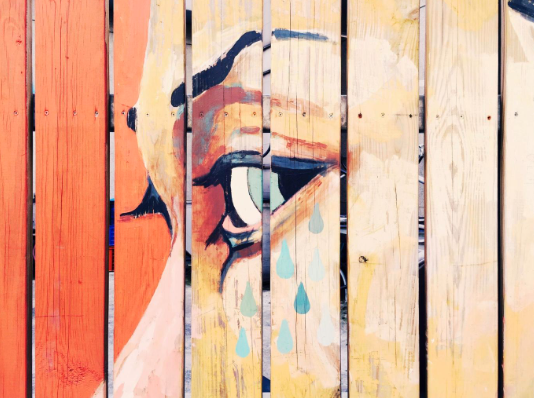| KRIŠTOF KINTERA – It won’t be better |
|
Škuc Gallery, 10 Maj – 15 June 2001 |
|
You are kindly invited to attend the opening of the It won’t be better exhibition by the Czech artist Krištof Kintera on Thursday, May 10 2001 at 8 p.m. The exhibition is curated by Bojana Piškur. |
|
Krištof Kintera (1973) is one of the most talented artists of the 90s. He has participated at numerous exhibitions: Manifesta 2, Luxembourg 1998, After The Wall, Stockholm, Berlin, Budapest 1999-2000, Plug in City, Salon 3, London 1999, UberlebensKunst, Neuer Berliner Kunstwerein, Berlin 2000, The End of the World, National Gallery Prague, Worthless (Invaluable), Museum of Modern Art, Ljubljana 2000. He is also involved with theater and is a co-founder of the NoD space in Prague. He designed the Cafe 9.net Internet Cafe. |
|
The thread of the It won’t be better exhibition are questions. The artist sardonically says: “Questions are important because they make us think. Thinking is important.” |
|
Krištof Kintera presents the following works:Talkmen, Elements, IT and Windows555. The project and the catalogue are supported by |
|
bp to kk |
|
there is no place like here |
|
so, i tell you this; the stories are interesting because we see our small selves in them. the people in the windows are real. but like in theatre they come and go. leave the rooms. speak. ask questions. send out messages among the audience. |
|
so we are the masters of infiltration. simulation. virtual worlds. we create temporary zones. we destroy them. re-create them again. our sense of identity is our relation to these places. yet our ability to locate ourselves is gone. we write scenarios that allow us to act out the roles within our reality. we are never who we really are. |
|
but in the end, as a character in a book says, we are all alone. |
|
it won’t be better. * piet hut |



